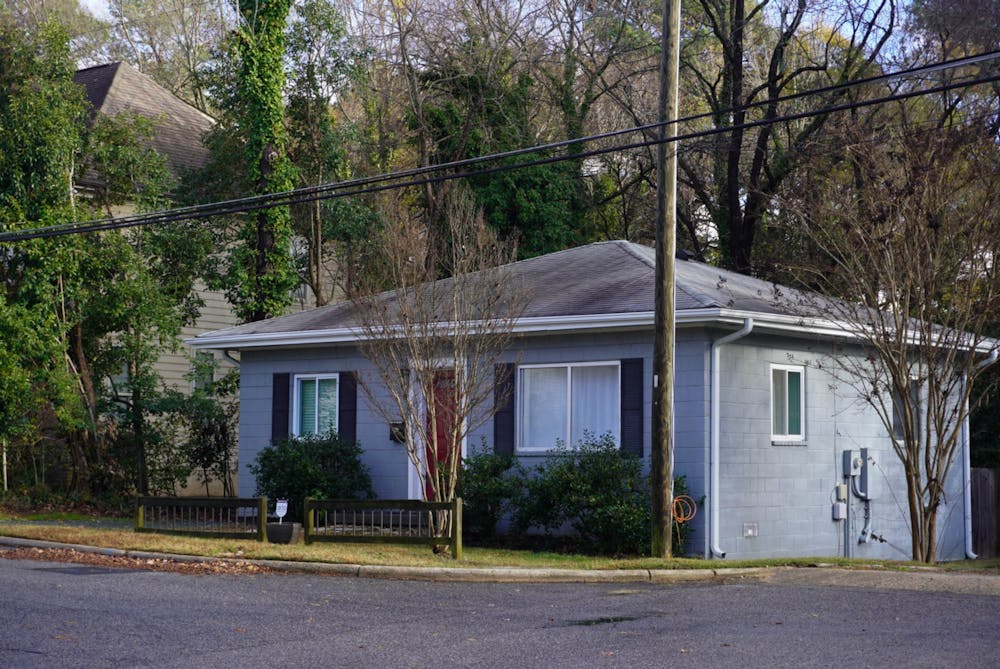Increasing property values in and around Chapel Hill are nothing new.
But for faculty, the ever-climbing housing prices of the past few years have triggered unprecedented financial stress.
“There's practically zero affordable housing for UNC faculty and staff in Carrboro and Chapel Hill,” said Scott Geier, teaching assistant professor of digital storytelling and journalism.
There are pockets of UNC faculty in Chapel Hill, Carrboro and Durham — and all are facing rising prices, Geier said.
Abbey Burke, a visiting teaching assistant professor of philosophy who's originally from Australia, lives in a Carrboro apartment with her partner, assistant philosophy professor Daniel Muñoz. This academic year is Burke’s first at the University.
“The housing situation in Carrboro is certainly expensive,” she said. “I'd say it's on par with Sydney rentals, which is one of the most expensive places in the world to live.”
While Burke is somewhat new to the Chapel Hill area, longer-serving faculty have directly witnessed a decrease in affordable housing.
Political science professor Marc Hetherington has seen a significant change over the past four years.
In 2018, Hetherington left his longtime teaching post at Vanderbilt University for UNC. His wife, teaching associate professor of political science Suzanne Globetti, made the same move a year later. They now live in a house in Chapel Hill.



